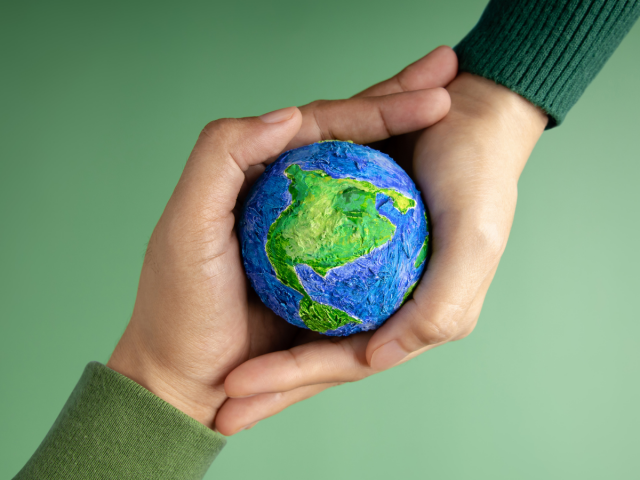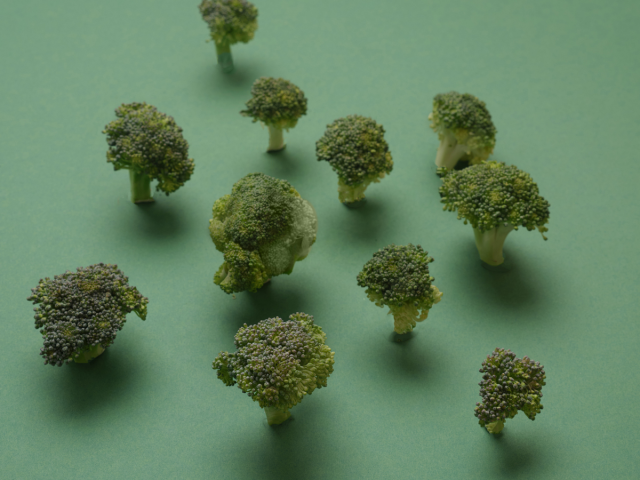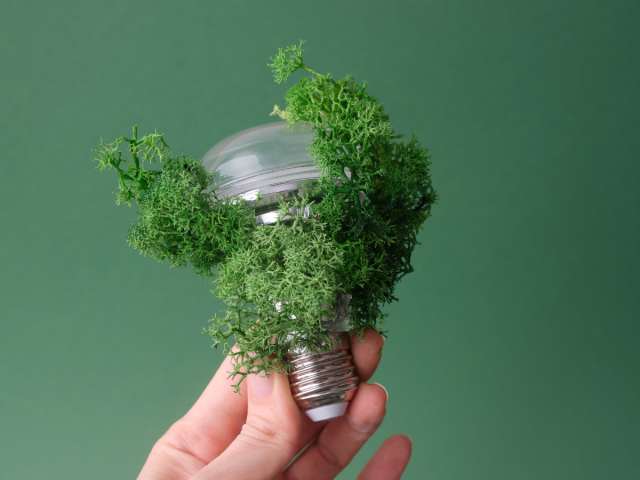In a world where sustainability and resource efficiency are paramount, this program is tailored to empower makerspace enthusiasts with the knowledge and skills to thrive in the dynamic intersection of creativity and circular principles.
Circular makerspaces training program consists of 9 Topics closely complementing each other. Topics 1-4 and 9 focus on building trainees’ theoretical knowledge regarding different aspects of circular economy, while Topics 5-8 target practical application of gained insights.
Each Topic begins with methodological notes which serve as a guiding material for trainers during the preparation and the organization of training activities. Presentation serves as a training material which can be adjusted to target groups specifical needs.
This Topic targets makers and innovators unfamiliar with the circular economy approach. Tailored for a proactive audience in the era of lifelong learning, the Topic focuses on enhancing the knowledge and competitiveness of makers through seminars, workshops, and crucial information for the effective integration of circular economy ideas into makerspaces.

The selection and engineering of materials is a critical component in the development of a circular economy model. Which material groups (from the waste streams) play an important role in circular design solutions, and what are their properties or development trends, is revealed in this training Topic. Products must be designed to enable complete recycling of materials and novel synthesis strategies free from toxic precursors or by-products to regenerate new raw materials. The training material also provides information on which materials in Europe are considered critical and how to avoid them in circular economy business models or circular design projects.

This training Topic is aimed at explanation and analysis of the value chain and stakeholders’ role from circularity aspects. Different examples of businesses and society are presented and discussed. When analysing circularity for local communities, the question of ecosystems becomes important. Also, barriers and drivers of CE are observed and compared.

This training Topic provides a comprehensive understanding of circular business models, enabling participants to apply circular principles in their professional activities or entrepreneurship ventures. It is adaptable to different educational settings and can be customized to meet specific learning objectives and time constraints.

This Topic aims to deepen participants' understanding of sustainable business practices by exploring the concepts of Life Cycle Assessment (LCA) and Ecological Footprint. The material seeks to empower diverse target groups, including businesses, interest groups, and government institutions, with the knowledge and tools to integrate environmental considerations, circular economy principles, and eco-design strategies into their daily operations and policies, fostering a more sustainable and responsible approach to production and consumption.

In today's fast-paced world, the demand for sustainable and circular products is on the rise, challenging designers and innovators to reimagine traditional approaches. This Topic is designed to explore the fundamental principles of design thinking, focusing on their practical application in the creation of circular products.

This Topic focuses on reusability, repairability and recyclability and aims to inspire and educate local makers, makerspaces and business support organisations about circular design, production and business modelling.

The Topic focuses on equipping participants with the knowledge and skills to seamlessly integrate circular economy principles into their daily work routines. Participants will explore practical strategies for waste reduction, resource optimization, and sustainable decision-making, fostering a workplace culture that aligns with circular approaches for long-term environmental and economic benefits.

This Topic provides an overview of circular economy policies and initiatives implemented by countries across the Baltic Sea region. Training participants will gain insights into the regulatory frameworks, best practices, and key targets associated with transitioning to a circular economy model in Denmark, Germany, Latvia, Lithuania, and Norway. Differently than in other Topics, material here is oriented towards individual exploration and investigation of information provided. Practical activities or presentations can be developed according to the trainer's preferences.
